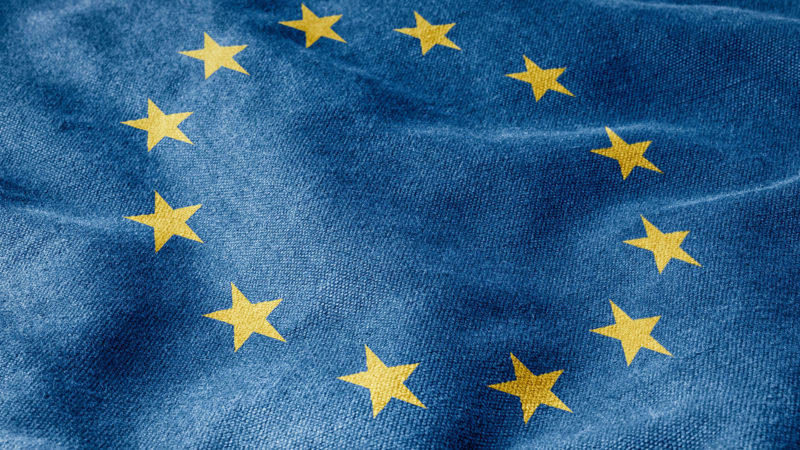EU sources say $1.17 billion antitrust fine against Google coming in weeks
Shopping search penalty is the first of three potential fines against the company.
For the past several months, there has been a steady drumbeat of reports that the EU was preparing to fine Google for alleged search market abuses. The drumbeat is getting louder, and reportedly the fine will be around one billion euros ($1.17 billion).
The EU has authority to fine the company up to 10 percent of its gross earnings — or something approaching $9 billion. Why it’s a billion and not some other amount is unclear; there doesn’t appear to be a formula. It appears, rather, the amount is a “big number” that will get attention and be sufficiently punitive.
This fine is being imposed for Google’s alleged abuses in shopping search. The original EU Statement of Objections (antitrust charges) claims, among other things, that:
- Google systematically positions and prominently displays its comparison shopping service in its general search results pages, irrespective of its merits.
- Google does not apply to its own comparison shopping service the system of penalties which it applies to other comparison shopping services on the basis of defined parameters, and which can lead to the lowering of the rank in which they appear in Google’s general search results pages.
- As a result of Google’s systematic favouring of its subsequent comparison shopping services, Google Product Search and Google Shopping, both experienced higher rates of growth, to the detriment of rival comparison shopping services.
The case is a template of sorts for other areas in search that similarly show Google results at the top of the page (e.g., Maps/Local). In addition, it’s the first of three active antitrust matters being pursued by the EU against the company. The other two involve exclusivity provisions in Google AdWords agreements and Android-OEM contracts, which carry similar potential fines.
Google has vigorously argued in contrast that its practices benefit consumers:
Google has always worked to improve its services, creating new ways to provide better answers and show more useful ads. We’ve taken seriously the concerns in the European Commission’s Statement of Objections (SO) that our innovations are anti-competitive. The response we filed today shows why we believe those allegations are incorrect, and why we believe that Google increases choice for European consumers and offers valuable opportunities for businesses of all sizes.
Google and the EU had worked for some time a few years ago to settle the case, and more than one tentative settlement was reached. However, former European Commission competition czar Joaquín Almunia was not able to win approval for the negotiated agreements. His successor, Margrethe Vestager, has been much tougher.
Assuming the fine is imposed, Google will likely appeal to the European Court of Justice.
Contributing authors are invited to create content for Search Engine Land and are chosen for their expertise and contribution to the search community. Our contributors work under the oversight of the editorial staff and contributions are checked for quality and relevance to our readers. The opinions they express are their own.
Related stories
